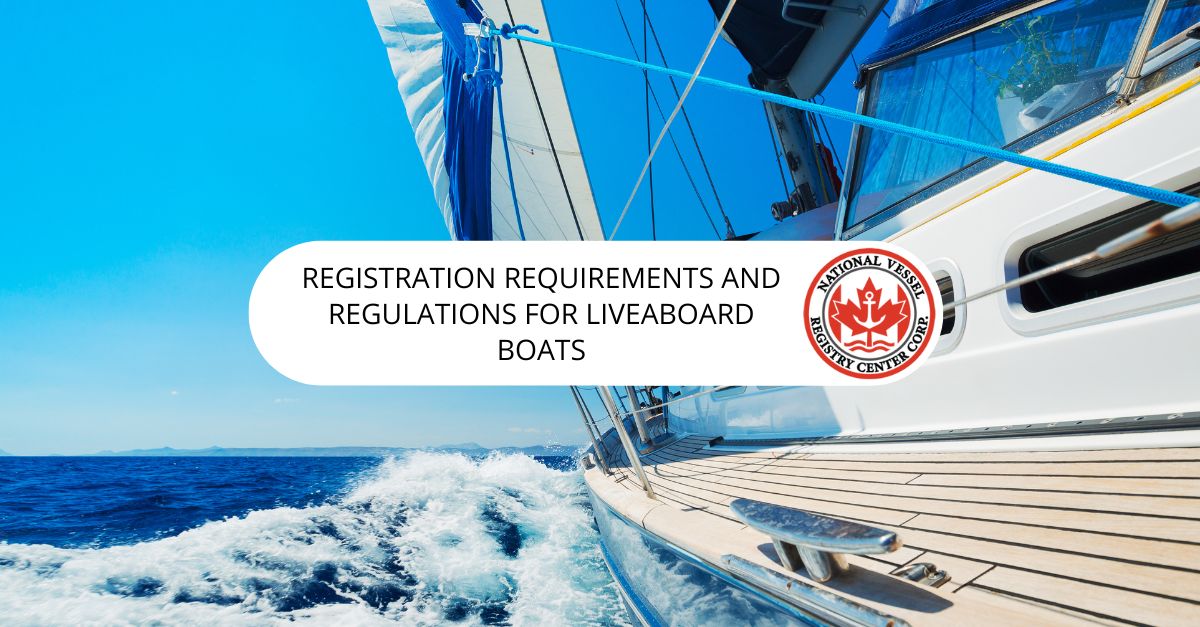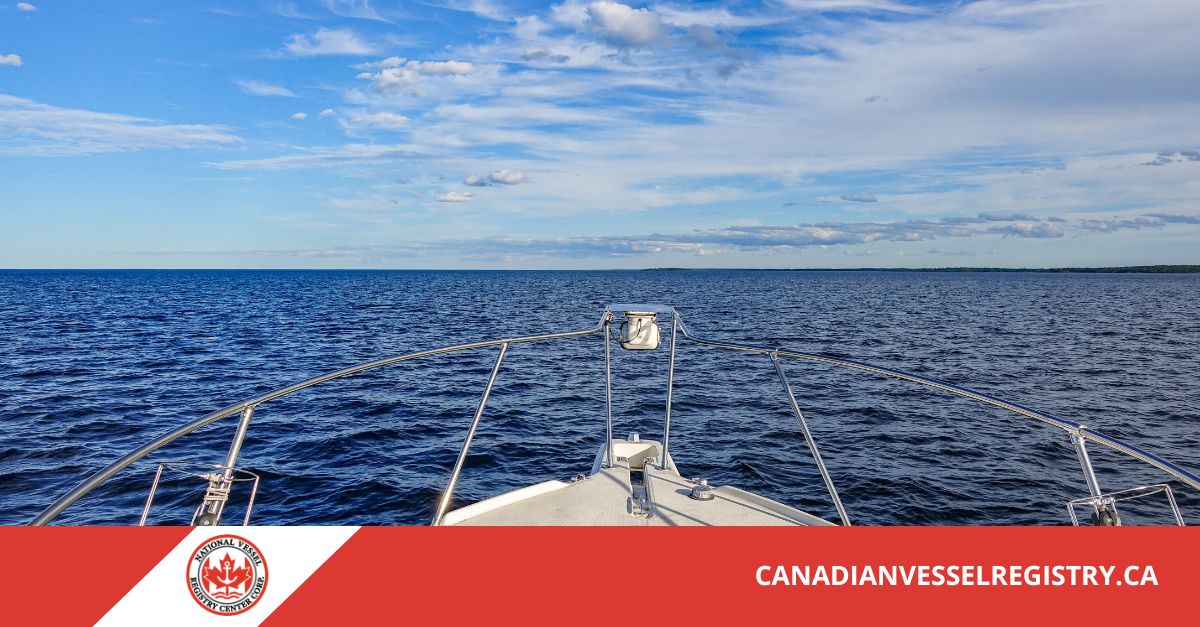Some people want to live on their boat while enjoying the great outdoors. Typically, in Canada, this is done for vacation or weekend purposes. However, there are still those lovers of nature who wish to make their boat their home.
Usually, you won’t be allowed to stay onboard all year long unless you moor your boat in certain marinas. So, don’t buy a houseboat, for example, without keeping this in mind.
Registration Requirements for Houseboats and Liveaboard Boats
Registration requirements for houseboats and liveaboard boats are confined to vessels equipped with at least a 10-horsepower or 7.5 kW motor. However, you can still register your boat if it does not have an engine. Any boat with a marine mortgage must be registered.
Realizing the Costs
If you’re seeking to live onboard, you also have to understand the costs. Normally, the payments that go toward docking your boat and maintaining it are equal to what you’d pay to maintain your yard when owning a house.
Therefore, you’ll need to review the insurance requirements and registration for your vessel, as the regulations can differ, depending on where you plan to anchor your boat and live. If you’re thinking of docking your boat at a specific marina, contact the site and find out their exact requirements.
While you don’t have to pay property tax when you own a houseboat or liveaboard boat, you’ll still be responsible, in some cases, for paying a part of a marina’s property taxes. You’ll also need to pay docking fees or other miscellaneous costs such as utility fees, fueling expenses, parking, or winter storage.
Why Houseboats and Liveaboards are Different than Other Pleasure Craft
While some pleasure craft are meant to be used for sailing or fishing, houseboats or liveaboard vessels are frequently considered residences.
For instance, houseboats are different from most pleasure craft because of their features. They are normally square and highlight large windows, siding, and doors. They typically feature a bathroom, bedroom, and kitchen, as well, and often come with AC, heating, and a hot water tank. While you can still move houseboats around, most owners want to keep them in place.
People may also opt to live on a liveaboard boat. While the boats are not necessarily purpose-built for this reason, people still like to sail and use the boats for their homes. Marinas in Canada that allow registered boat owners to moor liveaboards include Marina Quay West in Toronto as well as Port Credit around Lake Ontario.
You’ll need to apply for a boat registration if your boat, again, has at least a 10-horsepower (7.5 kW) motor, you’re financing your boat with a marine mortgage, or you plan to travel in international waters. If you are not financing your boat, you can get by with a license. However, you might experience restrictions if you want to venture out further, or into foreign waters.
Why Registration Offers More Advantages
By following the registration requirements for pleasure craft like liveaboard boats and houseboats, you can give your boat an official name for identification purposes as well as receive a number.
Where to Display Your Registration Number and Tonnage
Your hull identification number (HIN) should be clearly seen on the hull, on the boat’s starboard side in the upper portion. It should also appear on the transom in the back – along with the name and port of entry. Make sure the letters are at least 4 inches high and in an Arabic font so they can be read easily.
You’ll also need to record the boat’s tonnage and number on an interior site on the boat’s exterior. The certificate of registration should be carried at all times when you’re onboard. Don’t laminate the paperwork as doing so can invalidate the certificate. Instead, carry it in a plastic pouch to keep it protected.
Learn More about Licensing or Boat Registration Requirements Today
If you plan on living on a houseboat or are one of the people choosing liveaboard boats as a residence, you’ll need to apply for registration. While you can obtain a license, if you’re not buying your boat or sailing outside of Canada, registration is generally more easily accepted when you dock in a marina.


